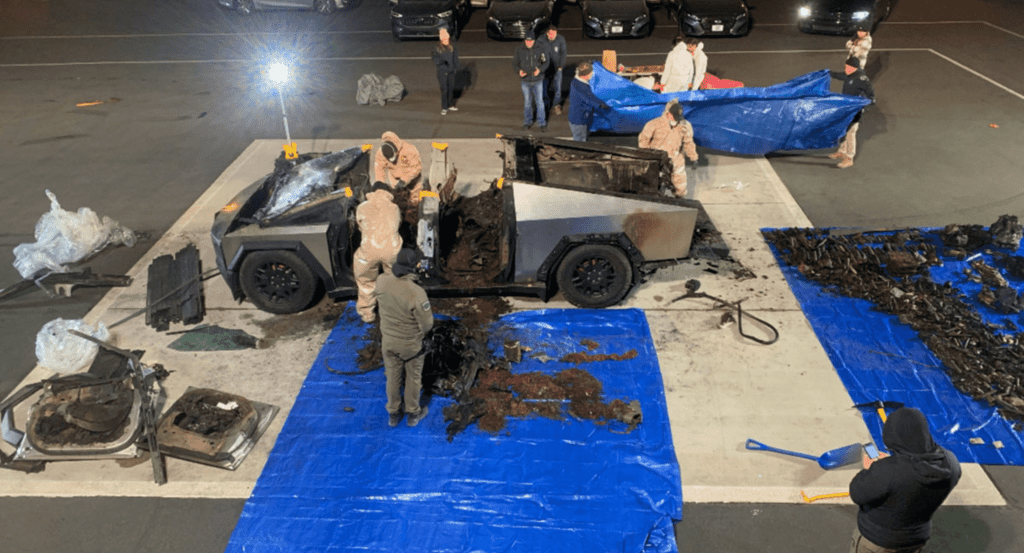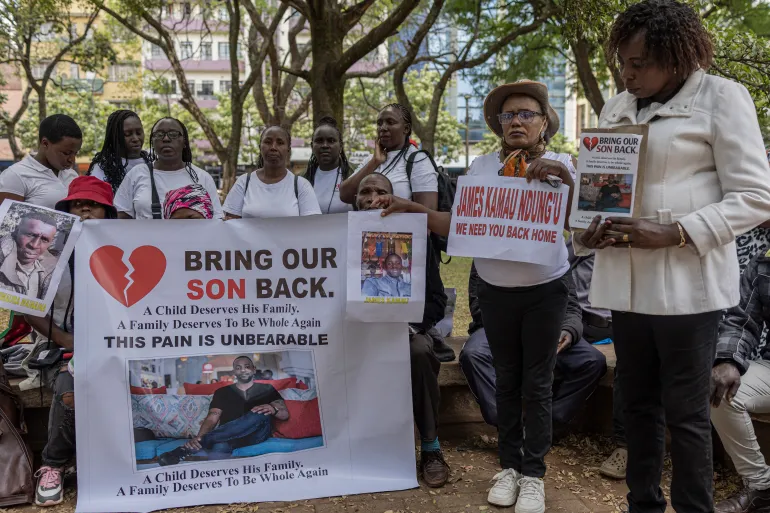On New Year’s Day, a Cybertruck exploded outside the Trump Hotel in Las Vegas, resulting in the tragic death of a U.S. soldier. The incident has left authorities, privacy advocates, and the public grappling with its implications. A note left by the soldier described the act as a “wake-up call” for the country to address its “ills,” suggesting a deliberate motive behind the explosion.
Investigators have utilized Tesla’s advanced data logging system to reconstruct the events leading up to the explosion. This data has been instrumental in confirming the sequence of events, but it has also reignited debates about privacy. Experts and civil rights groups have expressed concerns over the extensive data collection by Tesla vehicles, emphasizing the need for transparency in how such data is accessed and used by authorities.
The soldier’s note and subsequent investigation have raised questions about systemic issues within the country, including the mental health challenges faced by service members and the broader societal pressures that may have influenced this act. Lawmakers and advocacy groups are calling for a deeper exploration of these underlying factors while also urging a balanced approach to public safety and individual privacy rights.
This incident has become a focal point for discussions about the ethical use of data, national security vulnerabilities, and the urgent need to address personal grievances and societal challenges. As the investigation continues, the explosion serves as a powerful reminder of the complexities of modern life in a highly digitalized and interconnected world.























